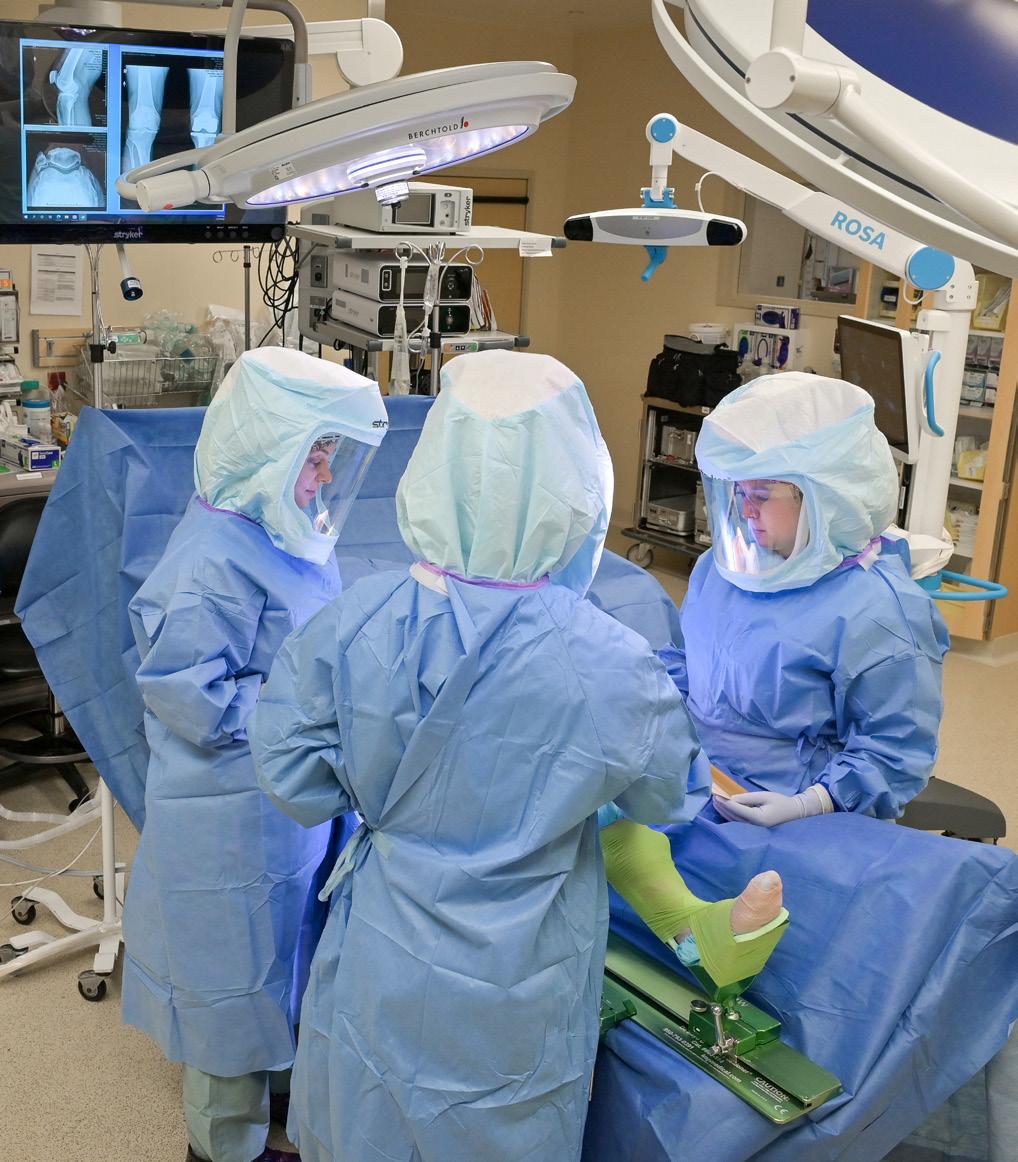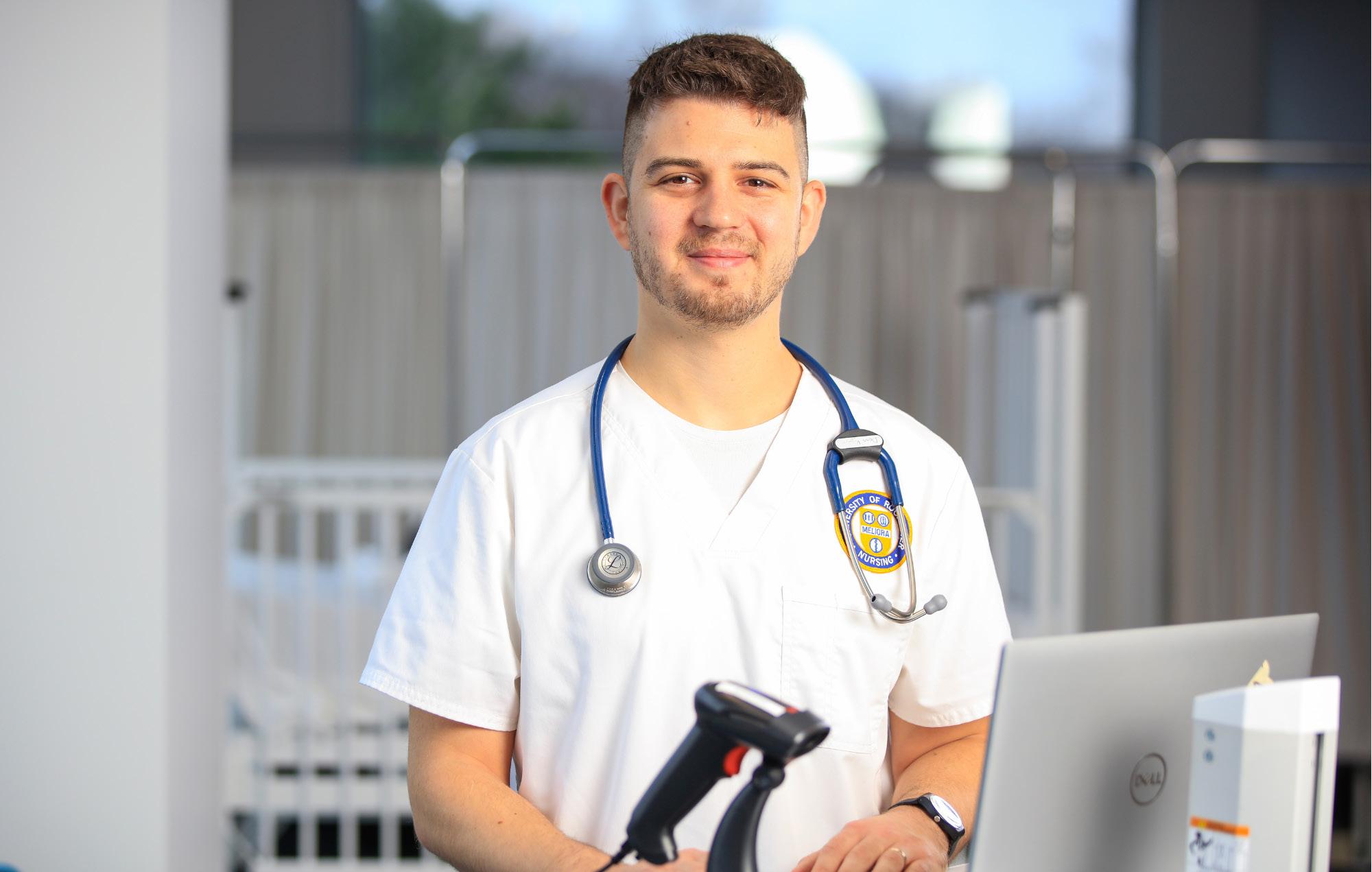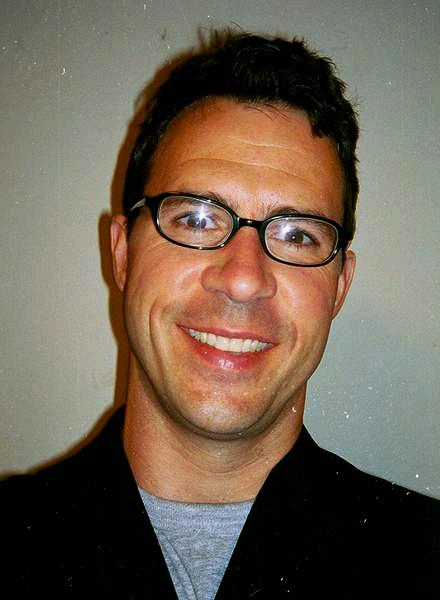
2 minute read
Gold Standard
of COVID, travel nurse positions, retirements and other opportunities for nurses.”
Some nurses have segued into case management, school nurse positions or, with additional education, academia, rather than office or bedside nursing.
Advertisement

Yvette Conyers, doctor of nurse practitioner and past president of the Rochester Black Nurses Association, said that many nurses have been pursuing additional education, such as a bachelor’s degree, making it challenging for some organizations to hire nurses at the entry level LPN education.
“It’s about using the nurses to their full education; they don’t want to hire BSNs and have them only on the phone triaging calls,” Conyers said. “That’s not what they’re prepared to do. They’re prepared to manage, look at a complicated picture, note the sociological determinants of health.”
Many large healthcare organizations reimburse or pay upfront for employees’ education, but with a stipulation that they work for them for six months to three years, depending upon the organization and the level of education. Although this brings many more nurses into the workforce, it also keeps away from choosing small, independent practices and instead working in the larger healthcare systems, such as
Over the past few years, much has been said those operating larger hospitals and the freestanding offices owned by the same healthcare systems. The strategy is often successful in keeping nurses in the same organizations for years after they have fulfilled their obligation.

Conyers said that independent practices struggling to find nurses can improve their staffing by partnering with educational institutions. All students in nursing programs are required to complete a number of supervised clinical hours before sitting for their LPN and RN board examinations.
“This would help address the shortage of providers and open up the eyes of the students who are usually working in hospitals to the vast areas in out patient settings,” Conyers said.
Many students choose hospitals because of the availability of slots for clinical hours, the skillset and the fast-paced environment. But Conyers said that 80% of healthcare occurs outside of the hospital, making that a more needful place to focus in healthcare.
“Working in primary care and in the community is important and these are great areas to work,” she said.
She wants to see more nursing programs promote primary care and public health in nursing education.
about ‘healthcare heroes.’
The truth is, our nurses have always been heroes. In ways big and small, Thompson nurses touch the lives of our patients, residents, and their families every day while working hard to uphold the highest standards of quality. They don’t do it because they seek the label of ‘heroes’ or for any other kind of recognition; they do it simply because it’s who they are. We are so proud of each and every one of them.
To our Thompson Health nurses and nurses everywhere
Dean Viggiano, 31, completed his bachelor’s degree in December and currently works as a registered nurse at Golisano Children's Hospital. “It’s very powerful and fulfilling,” he said about his nursing job.











